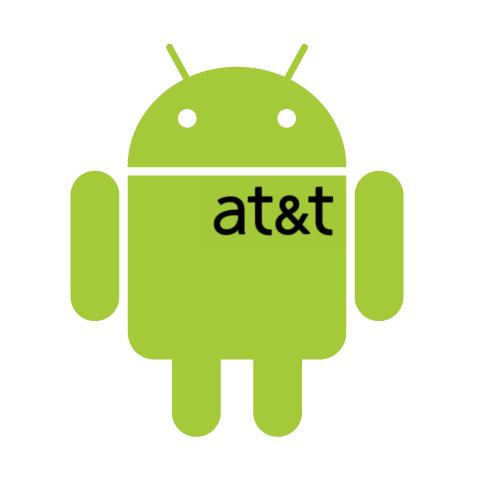
When people learn what I do for a living, the first question that I get asked is, “When is the Verizon iPhone coming?” It never fails. Since D-Day – the original iPhone launch – people have fantasized about Verizon getting their hands on the popular device. When that day would come though, has been always been a mystery. But the chatter is up and it's different this time; we’re almost certain the inevitable Verizon iPhone is approaching. Whether it is Verizon tweeting from an iPhone or an unknown agenda at Verizon event that’s just around the corner, everyone is getting excited. Well, almost everyone.
The iPhone has been AT&T’s one distinct advantage over their largest competitor for the past three years. Since Verizon missed out on the iPhone, they sought out alternatives, which just so happened to be one of the best things that has ever happened to the company. Android has turned into a worldwide sensation and dominated Verizon’s sales over the past year. Now Verizon has their sights set on snagging their own iPhone, too. As it should, this makes AT&T a little uneasy.
AT&T has been preparing for the day that a Verizon iPhone shows its face for quite some time; just as long as we all have, if not longer. We learned months back that they would be broadening their horizons and beefing up their smartphone lineup outside the realm of Apple-made hardware. The first evidence of this was with their launch of Windows Phone 7. It has done pretty well for itself thus far, but it’s still premature and it has some growing to do before it gains any real popularity. AT&T’s real preparation for losing the iPhone exclusivity begins with Android. It has obviously been a great success for Big Red, but how will AT&T get along with the little green robot?
The only high-end devices that AT&T has had yet are the Samsung Captivate and Xperia X10. While they are very nice phones, their platform hasn’t been given a real chance by the carrier. Both launches went by very quietly and most AT&T customers had no clue what Android was at the time. At CES we saw indication that AT&T is willing to change that. They introduced devices like the Samsung Infuse, HTC Inspire, and Motorola Atrix, all very impressive and seemingly solid devices. Given the proper marketing and a fair chance (in-store reps actually talking about something other than the iPhone), these devices will definitely be able to hold their own. Dual-core processors and 4.5-inch displays should sway quite a few customers.
One thing that AT&T has yet to learn though, is that Android is loved for its openness and ability to be customized to no end. They go the extra mile when it comes to locking down a device and even remove the ability to install applications from your SD card. This means if you want to back up all of your applications so you can restore them (after a wipe or if you have to switch devices), you simply can’t. You will have to restore them one-by-one from Android Market or root your device, which they discourage. Tiny things like this are what hinder Android’s success on AT&T.
Once that exclusivity is gone and people are no longer coming to the carrier solely for an iPhone, Android will likely be more successful. AT&T may be changing their smartphone lineup, but that won't be quite enough. They're going to have to change they way they think, too. AT&T will have to stop looking at Android as a substitute for the iPhone and start respecting it as a true competitor if they want it to succeed. They're getting some of the most advanced cell phones in the market in the coming months, but they've still got a battle to fight yet. Verizon won't be slowing down with their DROID marketing any, even with iPhone in tow.